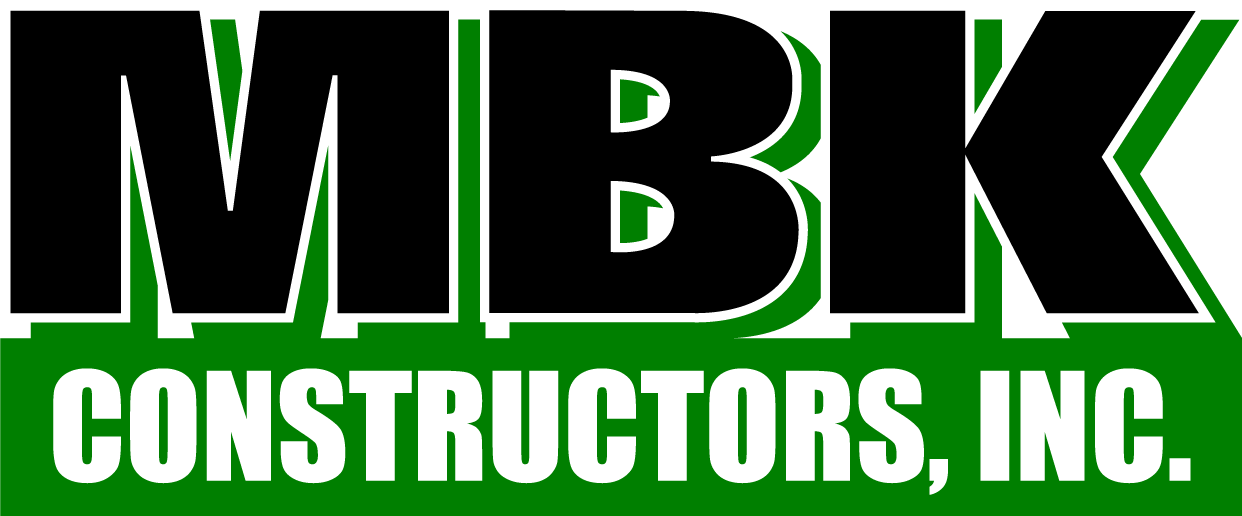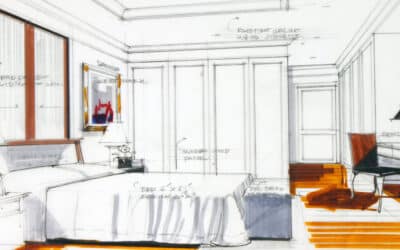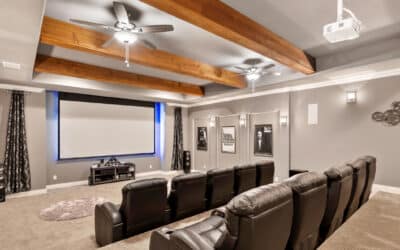For many families, the idea of bringing aging parents closer to home is both a deeply personal and practical decision. Whether it’s about caregiving, emotional closeness, or simply better day-to-day convenience, adding an auxiliary dwelling unit to your property can be a powerful solution. As you explore auxiliary dwelling unit options, the debate that typically comes into focus is attached versus detached.
This isn’t just a design choice—it’s a lifestyle decision that affects how your family functions, how your property feels, and how well your space accommodates long-term needs.
In this article, we’ll distinguish the key differences between attached and detached ADUs and help you determine which option best supports your goals as you create space for your loved ones.
Are you looking to add space with an ADU? Speak with one of our project managers.
What Is an ADU—and Why Are More Families Choosing Them?
An auxiliary dwelling unit (ADU)—sometimes called a mother-in-law suite, casita, backyard cottage, or secondary suite—is a fully functional, self-contained living space built on the same residential lot as a single-family home. Typically including a bedroom, bathroom, kitchen or kitchenette, and living area, these additions can attach to the primary home or be completely detached, depending on your needs and property layout.
For families considering long-term housing solutions for elderly parents, ADUs offer a thoughtful middle ground. They provide the proximity that makes caregiving and connection easier while still giving parents a sense of autonomy and privacy.
In recent years, ADUs have gained traction for several reasons:
- Multigenerational living is rising. According to Pew Research Center, nearly 60 million Americans now live in multigenerational households—a 400% rise since 1971.
- Real estate costs are climbing. Adding space for family is typically a more economical decision than buying or renting an entirely separate home for an aging parent.
- Aging in place is a growing priority. ADUs allow seniors to retain independence while staying close to family for support, a major step in late-stage quality of life.
- Zoning strategies are evolving. Many cities are loosening restrictions to encourage ADU construction as a way to expand affordable housing options.
If you’re looking for a future-proof way to care for family, support aging in place, or even increase your property’s long-term value, adding an ADU could be one of the smartest—and kindest—real estate decisions you make.
Understanding Auxiliary Dwelling Unit Options
Attached ADUs: Seamless Access, Shared Infrastructure
An attached ADU is structurally connected to your existing home—either as a converted garage, basement suite, or newly built wing. Here’s when it makes the most sense:
- When You Need Easy Access
If your parent or loved one needs frequent assistance or mobility support, attached ADUs offer immediate accessibility. You can check in often without stepping outside, and modifications like ramps, stair lifts, or grab bars are easier to integrate into your home’s existing layout.
- When You Want to Save on Utilities
Because attached ADUs can share plumbing, electrical, and HVAC systems with the main house, you’ll often save on both construction and utility installation costs. This can be especially beneficial for homeowners working within a specific budget.
- When Lot Size Is Limited
For smaller lots or homes in urban neighborhoods, zoning regulations may limit the footprint of detached structures. In cases like these, an attached ADU might be the most effective way to add extra living space.
Still, attached ADUs aren’t for everyone. The personal boundaries are typically blurrier, and some families may find it harder to maintain a healthy sense of independence. Even with a separate entrance, the shared walls can lead to noise issues or lack of privacy. The decision will ultimately depend on the needs and temperament of those involved.
Detached ADUs: Privacy, Independence, and Long-Term Value
A detached ADU is a stand-alone structure, often taking the form of a tiny house in your backyard. These are ideal for families who want their loved ones close—but not too close. Some families find the extra degree of separation, however minor, an important factor. Here are a few signs a detached dwelling is your best bet:
- When Privacy Is a Top Priority
For parents who are still active and independent, a detached ADU provides a space that feels more separate. It allows them to continue their own routines, entertain their own guests, and maintain a sense of personal dignity without sacrificing the emotional connection or proximity to assistance when needed.
- When You’re Thinking Long-Term
Detached ADUs offer a bit more flexibility for the future. If your family only needs a temporary place to stay, you may eventually want to use the space as a rental unit, home office, guesthouse, or studio. Detached structures also tend to command higher resale value, offering better return on investment if and when you decide to sell.
- When You Want More Design Freedom
Because they don’t rely on your home’s existing layout or structure, detached units naturally offer more creative leeway in terms of design. This is especially helpful when planning for aging-in-place features like single-level living, extra-wide doorways, and step-free entries.
Here’s the trade-off: Detached ADUs typically cost more to build. You’ll likely need to run new utility lines, pour a separate foundation, and meet additional permitting requirements. But for many families, the long-term value—both financial and emotional—outweighs the initial investment.
Making the Right Choice For Your Family
Choosing between an attached and detached ADU will likely come down to how your family lives today—and how you want that to look five, ten, or even twenty years from now. Here are a few decision factors to consider:
| Decision Factor | Attached ADUs | Detached ADUs |
| Caregiving needs | Easier proximity | Slightly less accessible |
| Cost efficiency | More affordable upfront | Higher cost, better long-term ROI |
| Privacy needs | Moderate | High |
| Future flexibility | Moderate | High |
| Design control | Limited by existing structure | Greater creative freedom |
| Size constraints | Limited by a compact lot | More outdoor space available |
If your parent needs close support and you’re looking to build quickly and economically, an attached ADU may be your best route. If your top priorities are independence, flexibility, and long-term property value, a detached ADU is worth the extra investment.
Still undecided? The good news is that both options can be tailored to create beautiful, functional spaces that enhance your home and strengthen your family bond. The right design-build partner can help you make the decision that’s best for you.
Explore Your Auxiliary Dwelling Unit Options With MBK
Here at MBK Constructors, we help homeowners in and around Ann Arbor create additions that support their family’s changing needs without compromising comfort, privacy, or quality of life. Our team will guide you through every step, from zoning regulations to thoughtful design that balances care with value.
We bring a personal approach to every build because we know you’re not just adding square footage—you’re creating a place for someone you love.
Speak with one of our project managers to learn more about MBK’s home addition and expansion services.



